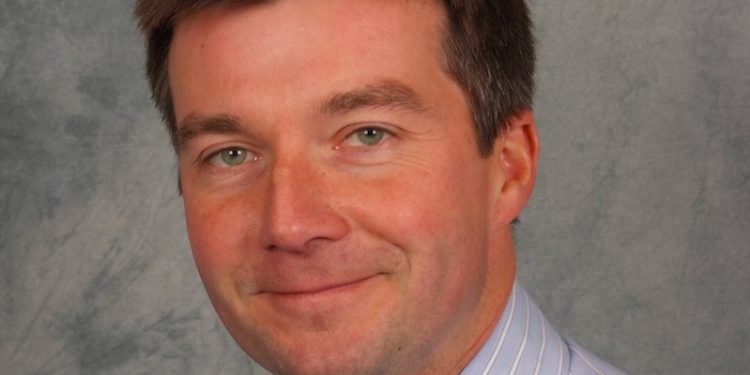The MSC has appointed Professor Michel Kaiser, Professor of Marine Conservation Ecology at the School of Ocean Sciences, Bangor University as its new Science and Standards Director, replacing Dr David Agnew who is taking up a post with CCAMLR.
‘Michel is an internationally-recognised academic at the forefront of fisheries research,’ said MSC CEO Rupert Howes, welcoming his appointment.
‘He will be leading a highly-skilled team of fisheries, standards, evaluation and traceability experts as we develop and manage the tools that ensure the MSC Standards remain robust, enabling the recognition of sustainable fisheries and seafood products globally. Michel is a tremendous addition to the MSC and I look forward to him joining our leadership team as we take the MSC into its third decade.’
‘The MSC has made an outstanding contribution to improving the sustainability of marine fisheries and has helped to secure food security and livelihoods across the globe by transforming fishing behaviour and governance,’ Michel Kaiser said.
‘Having acted as the provider of science for fisheries going into MSC assessment, I know from first-hand experience that the MSC process drives innovation in the areas of scientific data-gathering, evidence and policy.’
Professor Kaiser currently holds a number of public appointments. He is a member of the IUCN-Fisheries Expert Group, is an independent member of the UK Marine Science Coordination Committee, and he chairs the Seafish Industry Authority’s Science Advisory Group and Common Language Group. Past roles include acting as a board member of the UK Seafish Industry Authority from 2007-2105 and the Joint Nature Conservation Committee board from 2012-2017.
He is Professor of Marine Conservation Ecology at the School of Ocean Sciences, Bangor University. His research interests focus on techniques to achieve sustainable use of marine resources while seeking to minimise impacts on the marine environment. He is best known for his expertise on the ecosystem of fishing on the seabed, data-poor fisheries and the use of spatial management measures to achieve conservation and fisheries objectives. Throughout his career he has worked at the scientific interface between fisheries and conservation. His research group provides scientific advice to the governments of Wales and the Isle of Man.
‘I’m delighted and privileged to take up leadership of the Science and Standards team whose excellence was developed so skilfully by my predecessor Dr David Agnew,’ he said.
‘I’m hoping to increase the scientific leadership of the MSC by developing stronger links with external science providers through new collaborative initiatives. The MSC sits at the interface between fisheries and conservation interests, an area with which I am very familiar. As I take up my new post I will be keen to listen to the views of all stakeholders and I’m looking forward to bringing my particular expertise to help strengthen the focus on data-poor fisheries and fisheries in the developing world.’









